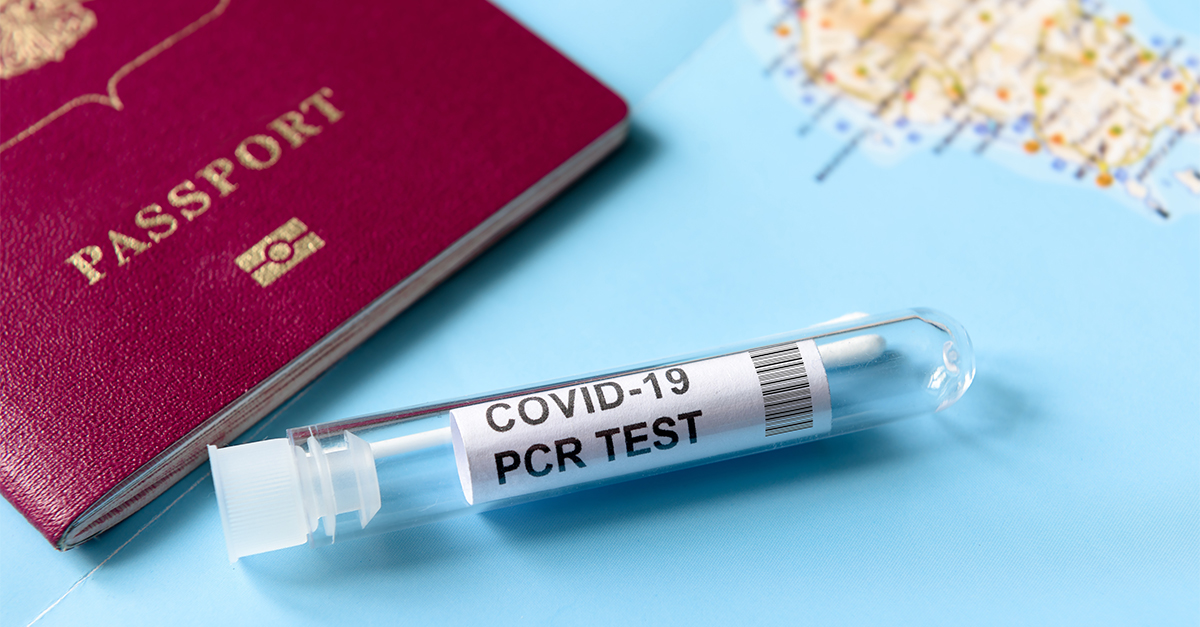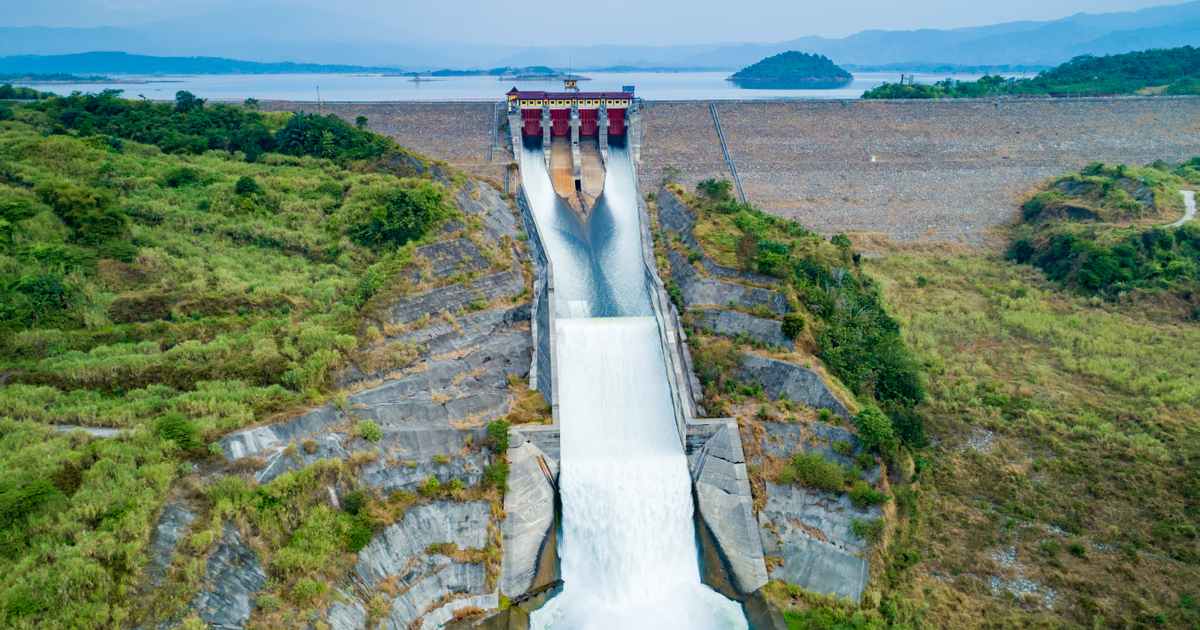Before you buy dogecoin, consider these 3 things
Tales of dogecoin millionaires. People buying houses, thanks to profits from the currency. How could you not fear missing out? Consider this before you buy.

VCG | Visual China Group | Getty Images
Maybe you've seen one too many headlines about the explosive rise in value of dogecoin, or heard one too many stories about someone making a life-changing profit off the cryptocurrency, and now you're ready to get in.
You might be thinking, so what if the coin started out as a joke or you can't pronounce it? It's soared to 60 cents from under a penny just a month ago, and you don't want to miss out.
Before you buy, however, below are some helpful things to consider.
1. Suspecting it's a bubble won't help you
Most investors can explain what a bubble is: It's what happens when a good's price far exceeds its real value.
And those considering buying dogecoin probably know that the digital token's cost, which is up by more than 12,000% over the year, isn't backed by much more than the hope that it will just keep getting more expensive.
That speculation is, of course, what fuels a bubble.
But knowing that dogecoin hasn't actually become a significantly more valuable product over the last year isn't likely to prevent people from trying to take advantage of the situation to make a profit, experts say.
People buy assets even when they know they're overvalued, "because they expect prices to go even higher," said Bruce Mizrach, an economics professor at Rutgers School of Arts and Sciences.
And, he said, "they all believe that they can exit before the bubble crashes."
Just remember: That's what everyone else is thinking.
"By the time most individual investors get into a rising investment, it's often too late," said Kent Baker, a finance professor at American University.
2. FOMO usually backfires
Stories of dogecoin millionaires. People buying houses, thanks to the currency. How could you not be experiencing a fear of missing out?
Investors often fall prey to the social bias of "herding," Baker said. In other words: They do what the crowd does, believing that everyone else must know more than they do. And that there's safety in numbers.
"Generally, such investors are wrong on both counts," Baker said.
In reality, the other people in "in the crowd," are believing the same things, with just as little to back them up.
3. You can't know its real value...or much else
Trying to understand a digital asset's fundamental valuation is "very tricky," Mizrach said.
With most stocks, he said, you can at least get a price-to-earnings ratio, which tells you what investors are willing to pay for a company for every dollar of its earnings. That figure can help you determine if a company is over or undervalued.
You're in the dark with dogecoin.
"The rise in the cryptocurrencies is reminiscent of the early stages of the internet bubble with investors trying to evaluate stocks without earnings," Mizrach said.
More from Personal Finance:
The Covid recovery still has a K shape
The problems with virtual evictions
How to boost your credit score
Being so new, there's also confusion around how to buy and sell cryptocurrencies, how to keep the tokens secure from losses and hackers and how the taxes work.
Considering all this uncertainty, experts say people shouldn't invest more into dogecoin than they can afford to lose.
That's because for all that's new, some things never change.
"There's no free lunch in investing – higher expected returns come with higher expected risks," Baker said. "The prices of cryptocurrencies are highly volatile, which means that they're highly risky."

 BigThink
BigThink 
































